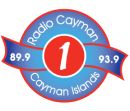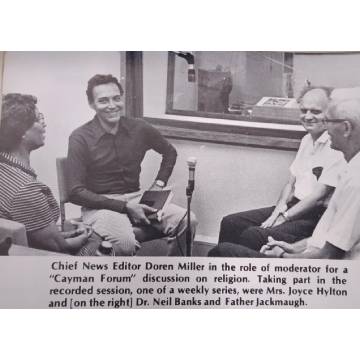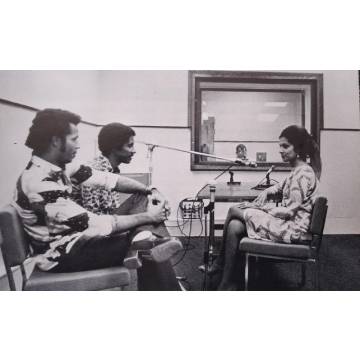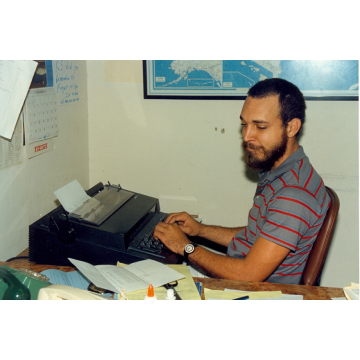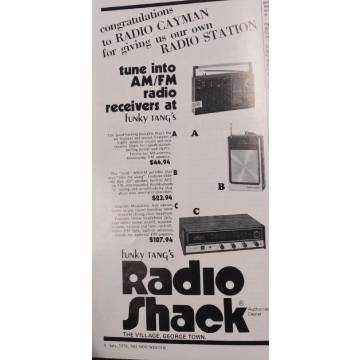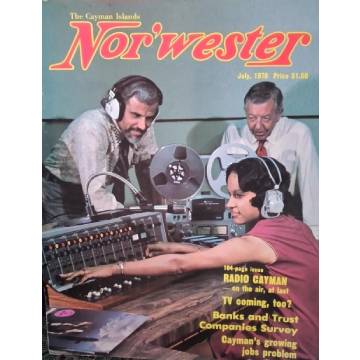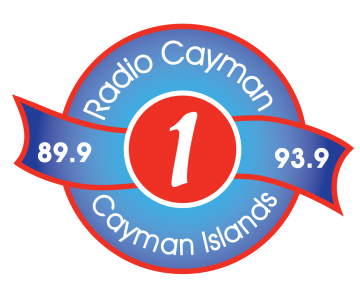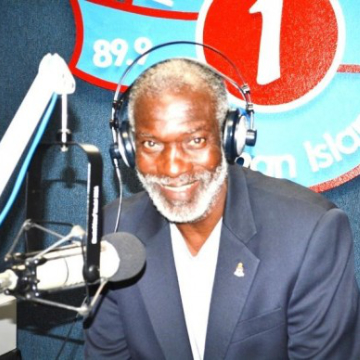News
Seven Mile Public Beach Enhancement Project
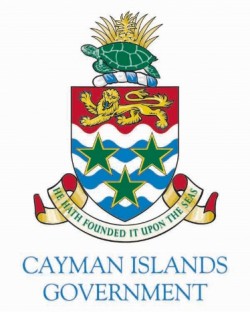
Work on the final phase of a $3 million project undertaken by Dart in collaboration with the Cayman Islands Government, to enhance the recreational areas at Seven Mile Public Beach, is scheduled to begin 1 August.
The enhancement project was included in the Third Amendment to the National Roads Authority Agreement between the Cayman Islands Government and Dart.
Earlier this year, Dart completed the surrender of its leasehold interests in the parcels of land to the east of Seven Mile Public Beach to the Government.
The third and final phase of the on-going project will focus on upgrades to the existing parking areas, including the addition of designated food vendor parking spots. During this time, temporary parking will be made available on the empty lot to the east of the existing parking lot.
With the completion of the third phase, private vehicles will no longer be able to drive directly on to the beach. This decision was made to ensure the safety of all beach users going forward and prevent future instances of reckless driving near the cabanas and soccer pitch.
The on-going works include the addition of new walking paths around the existing children’s playground, improvements to the volleyball courts, and the construction of a new vendor area and restroom block.
Public Lands Commission Chief Inspector Winsome Prendergast says the new vendor area will allow the regulatory body to better manage commercial activity on Public Beach
“The redevelopment of the Seven Mile Beach Park will better facilitate public use of the beach for recreational purposes as intended,” Prendergast says. “All approved vendors will, where practical, be relocated and restricted to the purpose-built Vendor Village designated area or the car park, to the benefit of beach goers.”
The plan also includes the removal of invasive species and replacement with 13 species of native and indigenous plant species including: mahogany (Swietenia mahogany), sea grape (Coccoloba uvifera), plop nut (Thespesia populnea), cocoplum (Chrysobalanus icaco), sea lavender (Argusia gnaphalodes), and bay candlewood (Borrichia arborescens).
Currently, the new southern pathway is open and the Mobi-mat has been temporarily relocated to ensure continued beach access for persons with disabilities. Throughout the project, the public is still able to access and book the beach cabanas.
